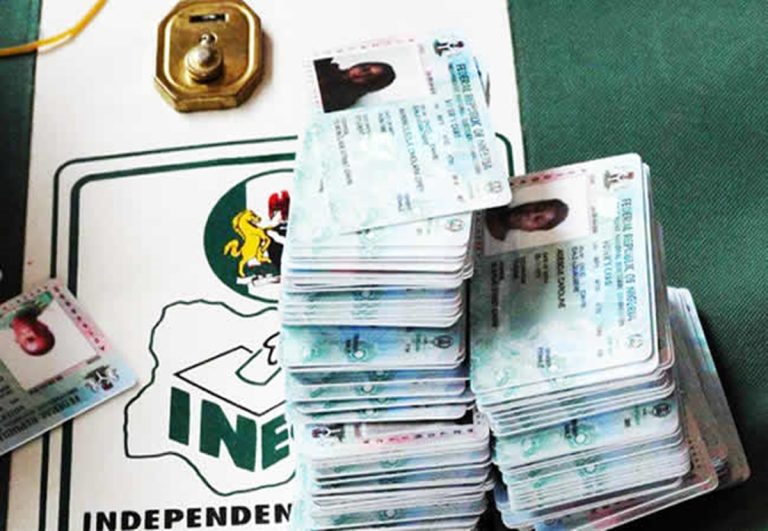A reassessment of Permanent Voters Cards (PVCs) as the only method of certifying eligible voters in advance of the general elections in 2027 was suggested by the Independent National Electoral Commission (INEC) on Thursday.
In light of the experiences acquired from the general election in 2023 and the off-cycle polls that followed, INEC is also working to enhance the nation’s electoral system.
INEC Chairman Professor Mahmood Yakubu discussed computer-generated voter slips, which may be downloaded from the Commission’s website or distributed to voters in person, as an adequate method of accreditation at a meeting with the Abuja Resident Electoral Commissioners.
Yakubu stated, “The Commission also believes that the use of the Permanent Voters’ Cards (PVC) as the sole means of identification for voter accreditation on Election Day should be reviewed with the introduction of the Bimodal Voter Accreditation System (BVAS).”
This will not only save money, but it will also get rid of the problems associated with collecting PVCs and the evil practice of purchasing voter cards to deny them the right to vote. “Those who already have the PVCs can still use them to vote, but going forward, computer-generated slips issued to the voter or even downloaded from the Commission’s website will suffice for voter accreditation.”

According to the INEC chief, the electoral organisation will shortly submit its legislative recommendations to the appropriate Senate and House of Representatives committees.
He emphasised how the commission plans to improve election administration and solve long-standing issues.
It is most fitting that we start putting the suggestions from our study of the general election into practice now that five significant off-cycle governorship elections have concluded and nine of the twenty-one bye-elections since the general election of 2023 have taken place.
The chairman said, “The Commission has identified 142 recommendations from the internal and external engagements that deal with the general state of preparedness, voter management, voter education and public communication, political parties and candidate management, electoral operations and logistics management, election officials and personnel, partnership and collaboration, monitoring and supervision, election technology, voting and result management, election security, electoral offences, and the electoral legal framework.”


